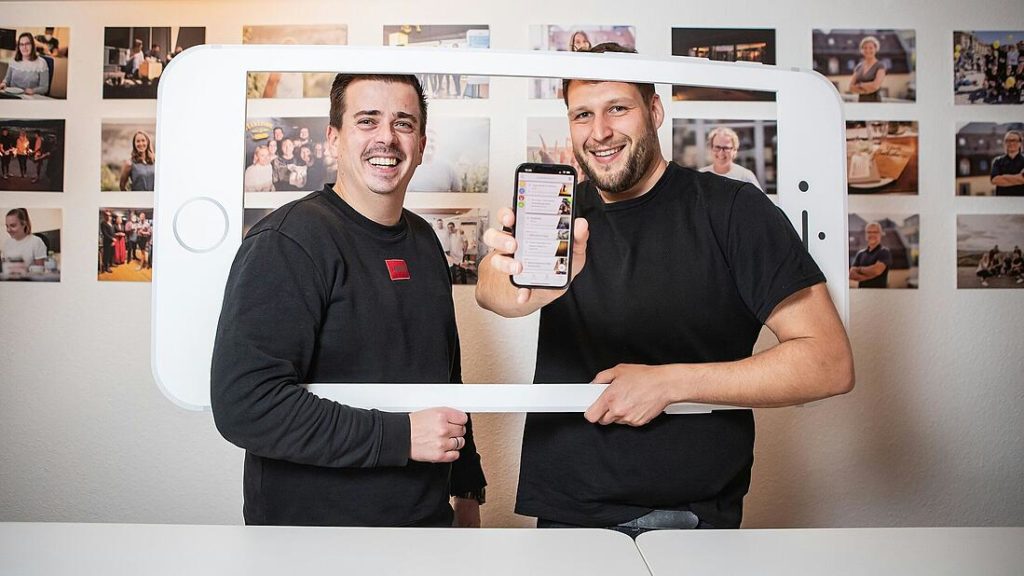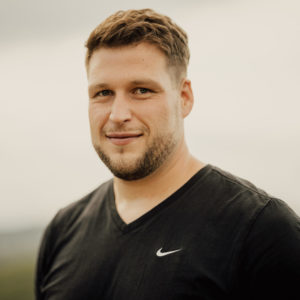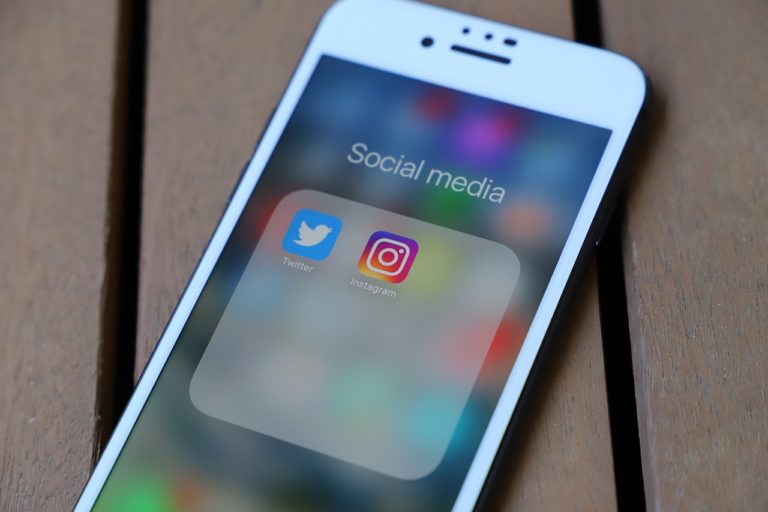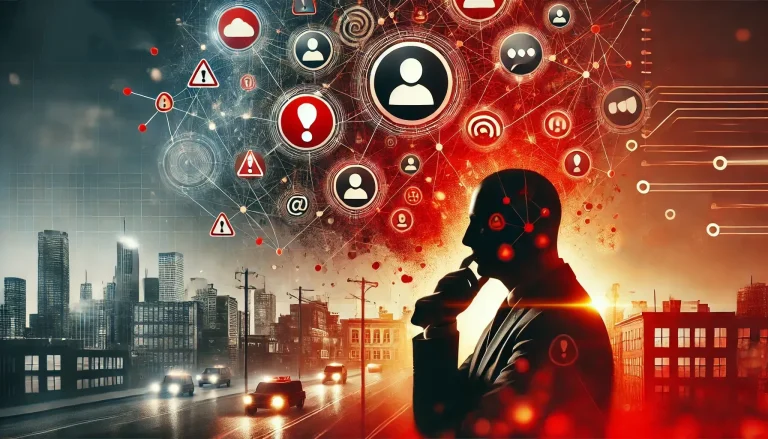What started as a small project has now become a success story: The apps from “Communi” now have more than 200,000 users. What’s behind it.
When Sebastian Ortler from Würzburg, together with Lukas Dürrbeck and Julian Hilligardt, hatched the idea of a communications app around nine years ago, he had no idea that it would develop into a business model that now employs 15 people.
Communi, which functions like a digital bulletin board, is now used by more than 650 communities, churches, associations and companies in Germany, Austria, Switzerland and Romania.
Each organization has its own app, based on a modular system. This includes various features, such as a calendar function or a local search. The municipality or association pays for the app, but users have free access to it.
Over 200,000 people now use the platform. In an interview, founder Sebastian Ortler and sales manager Florian Zürn explain what is behind the idea and what distinguishes Communi from other social networks and messengers.
MP: How does the app work?
Sebastian Ortler: Communi works like a digital bulletin board. You can pin your events and only those who take part will receive notifications. Of course, you can also chat and exchange ideas.
MP: What is the idea behind the communication app and how long has it been around?
Sebastian Ortler: We started as a volunteer project in 2014. The company was founded as a GbR (Editor's note: GbR = partnership under civil law) in 2017, and the stock corporation has existed since 2022. The idea came about in a Würzburg café at an ideas workshop of the Würzburg CityChurch. The question was how the church could become attractive to the tens of thousands of people who come to Würzburg every year. The spark for the founding was when the first neighboring communities showed interest in the project. The topic was much bigger than we had initially assumed. Many communities have the same problem: it is difficult for new people to see through the chaos of messenger groups.
Florian Zürn: The question at the beginning was: How can we build a network to give people easy access to the community? It should be a platform that offers people spaces for networking - even beyond the activities that take place within the church.
MP: How does the app differ from the numerous messengers and social networks?
Sebastian Ortler: The biggest difference is that we give each community its own app, which makes it easier to find out information without obligation. This is a big advantage for clubs, for example. The digital bulletin board lets you see straight away which groups there are, which topics are currently popular, and who is looking for contacts for certain activities. Or you can do the searching yourself.
Florian Zürn: Having a separate app for a district or village also helps people to identify more with their community or municipality. Many people who live in a city or municipality, for example, often don't know who has moved in down the street or who could tutor their children. Since the app is open and accessible up to a certain point without registration, you can quickly and easily make contact with clubs or simply people with similar interests.
MP: Were there no similar platforms on the market before?
Sebastian Ortler: No. And the bad thing is that we didn't realise for a long time that there was a great need for this. Many social problems can be traced back to the fact that we keep coming into contact with the same people and don't even realise that our world view is based on contact with people from the same background. As a village community or district, creating a group in a messenger is initially obvious if you want to exchange ideas. But it also means that you can't get information without being accepted into the group. And then, for example, as a club, you wonder why there are so few new members despite the great offers. But it's not just the app, it's also the right mindset that churches, for example, need to open up to a broader audience.




